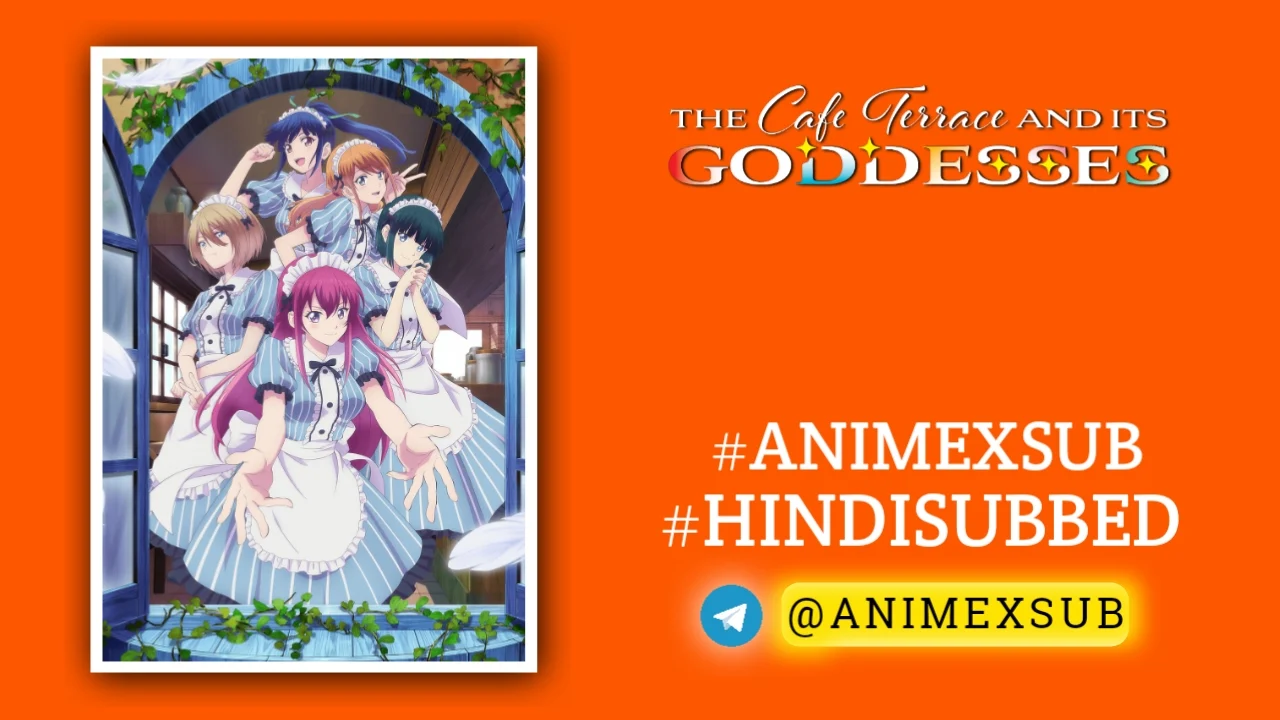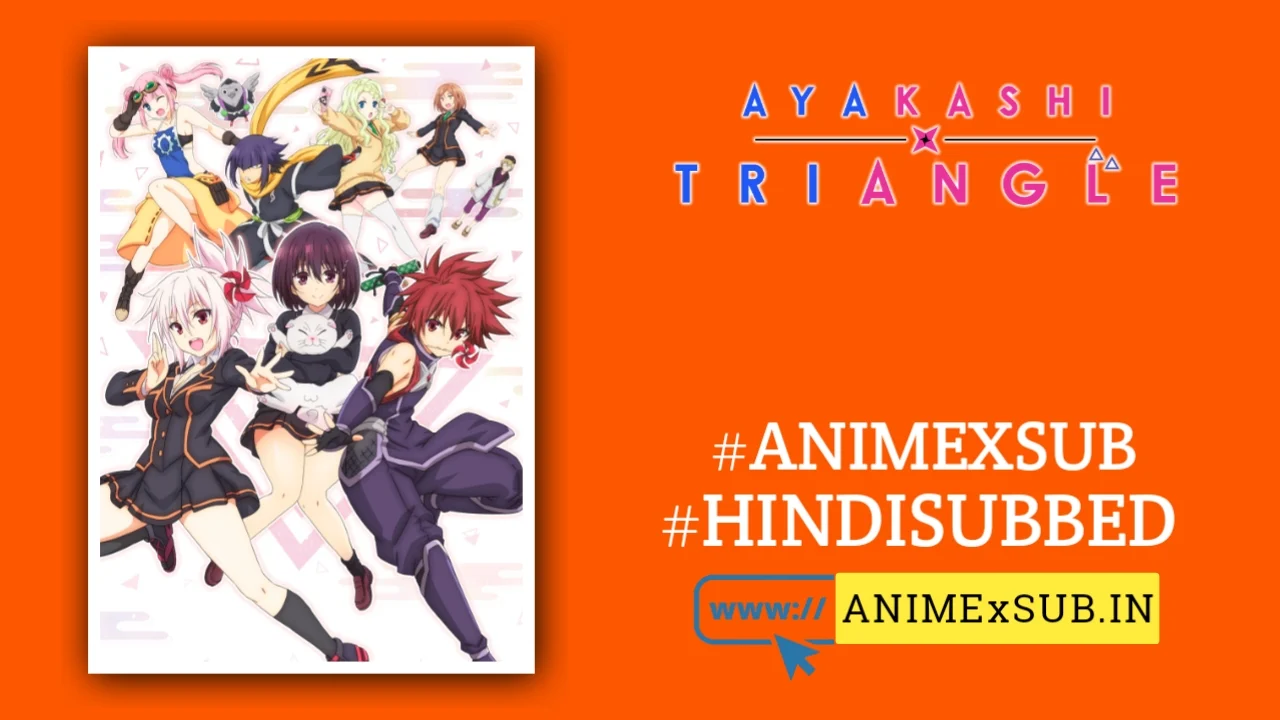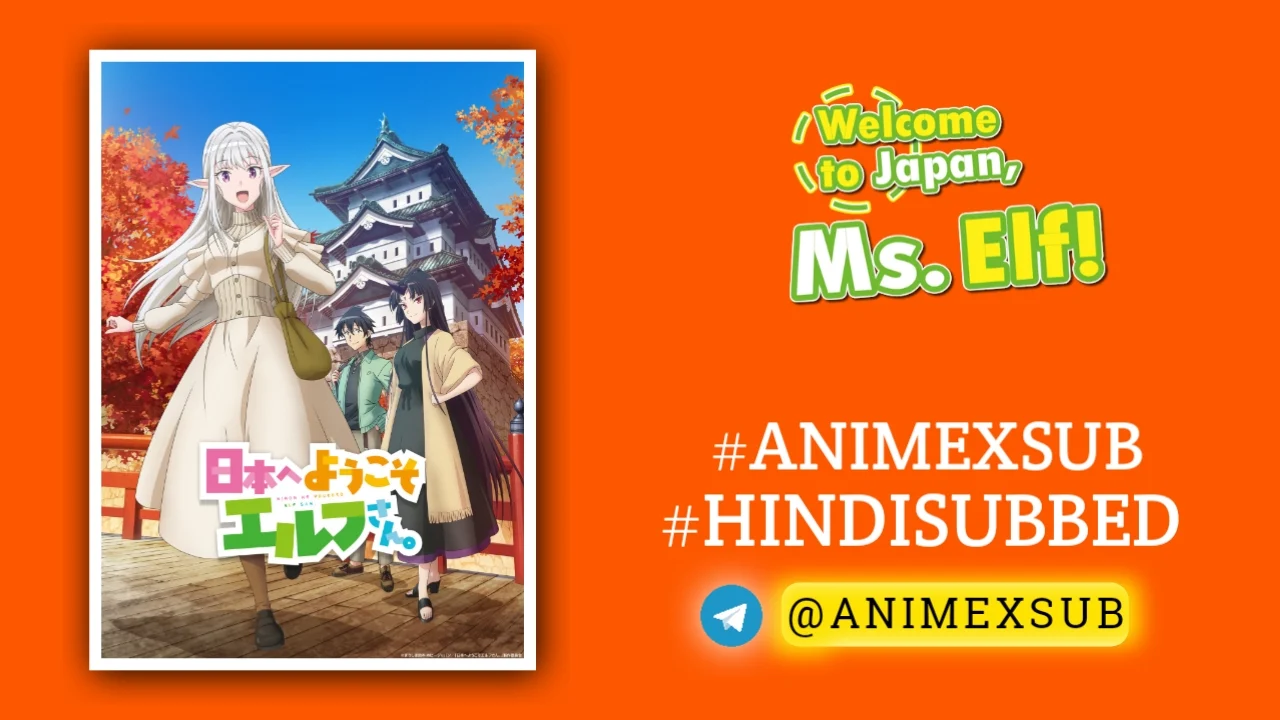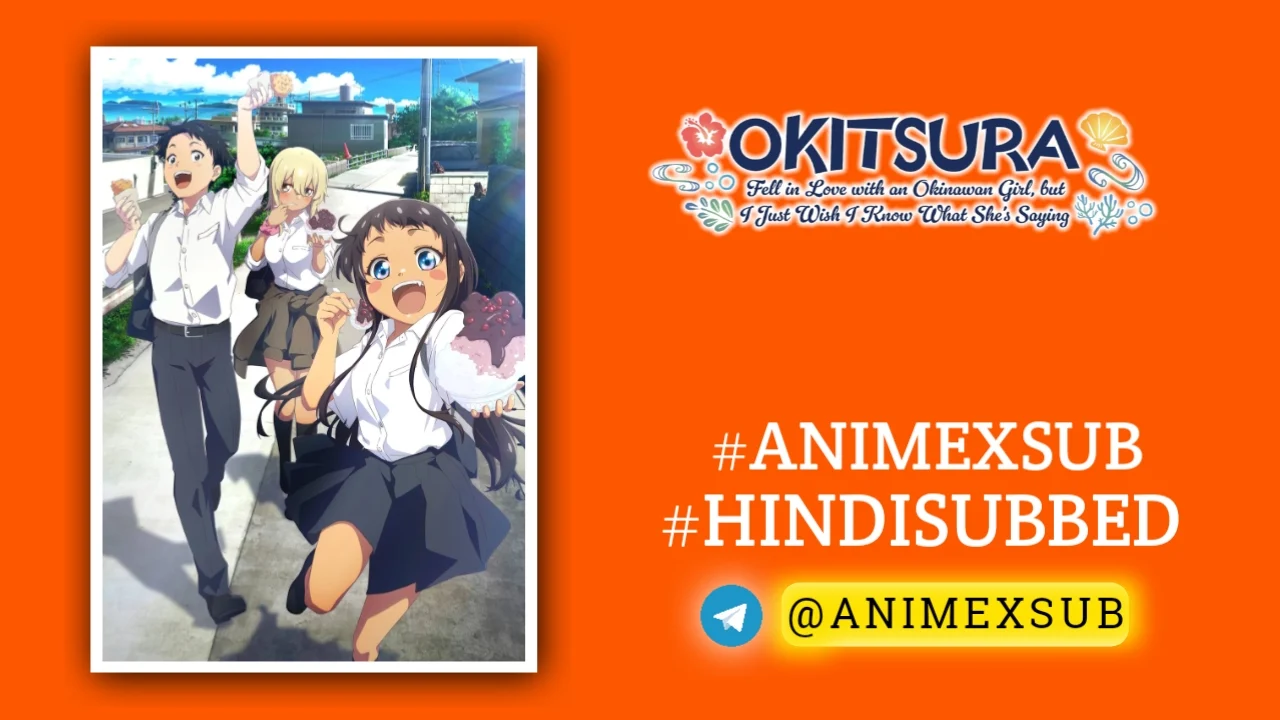
!UzaMaid! Season 1 Hindi Subbed [12/12] | Uchi no Maid ga Uzasugiru Hindi Sub

Uchi no Maid ga Uzasugiru!
UzaMaid!Synopsis
Misha is a little girl who lost her mother at an early age, and now lives with her father. Her father employs a maid named Tsubame, who was a former Self-Defense Force official, and is also a lolicon.(Source: Anime News Network)
Watch Trailer
Characters
Episodes
How To Download Tutorial
UzaMaid: Our Maid Is Way Too Annoying! Season 1 – A Bold, Polarizing Comedy That Pushes Boundaries
UzaMaid: Our Maid Is Way Too Annoying! (Japanese: Uchi no Maid ga Uzasugiru!) is a 2018 anime adaptation of Kanko Nakamura’s manga, brought to life by Doga Kobo. This 12-episode series, aired from October to December 2018, is a daring blend of slapstick comedy, slice-of-life charm, and controversial themes that make it one of the most polarizing anime of its season. While its premise—a former JSDF officer turned maid with an obsessive affection for a young girl—sparks discomfort, the show’s unique approach to character dynamics, humor, and emotional depth demands a closer look. This review dives into what makes UzaMaid Season 1 a standout, dissecting its strengths, flaws, and the conversations it ignites, without shying away from its complexities.
A Premise That Courts Controversy
At its core, UzaMaid follows Misha Takanashi, an 8-year-old Russian-Japanese girl grappling with her mother’s death, living with her stepfather Yasuhiro. Enter Tsubame Kamoi, a muscular ex-JSDF pilot hired as a maid, whose fixation on Misha veers into uncomfortable territory due to her overt “lolicon” tendencies. The show frames this dynamic as a comedic clash: Misha’s sharp-witted rejections versus Tsubame’s relentless, exaggerated advances. This premise, rooted in black comedy, is the show’s most divisive element. While some viewers find the humor crosses ethical lines, others see it as a satirical take on obsessive character archetypes, rendered absurd by Doga Kobo’s vibrant, exaggerated animation style.
The series doesn’t shy away from acknowledging Tsubame’s behavior as inappropriate—Misha frequently calls it out, and the narrative never fully endorses it. Instead, it uses this tension as a backdrop for character growth, blending cringe-inducing gags with moments of genuine warmth. This balancing act is risky, and whether it succeeds depends on the viewer’s tolerance for discomfort in comedy.
Character Dynamics: The Heart of the Show
What elevates UzaMaid beyond its controversial premise is its character-driven storytelling. Misha is not just a bratty child; her reclusive behavior and sharp tongue stem from grief, making her a compelling protagonist. Her slow journey toward opening up—prompted by Tsubame’s persistence and surprising competence as a caretaker—adds emotional weight to the series. Tsubame, despite her problematic obsession, is a multifaceted character: a skilled cook, a disciplined ex-soldier, and a figure whose over-the-top antics mask a desire to connect. Her gradual shift from predatory caricature to a flawed but caring guardian is one of the show’s strongest arcs.
Supporting characters like Midori, an affluent ascetic who joins the household, and Mimika, Misha’s friend, add depth and humor. The interactions feel organic, with Misha’s prickly demeanor clashing against Tsubame’s absurdity, creating a dynamic that’s both hilarious and, at times, heartfelt. Episode 12, a drama-heavy finale, reveals Tsubame’s own vulnerabilities—like her partial blindness from illness—shifting the tone to a more grounded exploration of trust and healing.
Animation and Sound: Doga Kobo’s Signature Flair
Doga Kobo’s animation is a highlight, delivering bright, colorful visuals that amplify the show’s comedic energy. The exaggerated expressions and fluid character movements sell the slapstick, while quieter moments—like Misha’s reflections in her mother’s studio—are rendered with subtle care. The contrast between the sunny aesthetic and the darker undertones creates a unique tone, described by some as “crossing the line twice” in its absurdity.
The soundtrack, while not groundbreaking, complements the mood with upbeat tracks for comedic scenes and softer melodies for emotional beats. Voice performances shine, particularly Haruka Shiraishi as Misha, whose deadpan delivery nails the character’s wit, and Manami Numakura as Tsubame, who captures both her eccentricity and underlying sincerity.
Themes and Subtext: Grief, Growth, and Boundaries
Beneath the controversial humor, UzaMaid explores themes of grief and recovery. Misha’s arc—moving from a reclusive, motherless child to someone who cautiously embraces connection—resonates deeply. The show also subtly critiques overstepping boundaries, as Tsubame’s behavior is consistently rebuffed, forcing her to earn Misha’s trust through genuine care rather than obsession. This dynamic, while imperfectly handled, sparks discussion about responsibility and relationships, especially in step-family dynamics.
However, the show’s reliance on Tsubame’s “lolicon” traits as a comedic crutch alienates some viewers. Critics argue that a “responsible adult” wouldn’t take a job involving children if aware of such tendencies, a point raised in online discussions. Others defend the show, noting that its cartoonish exaggeration and Misha’s agency in rejecting Tsubame’s advances keep it from endorsing harmful behavior. The debate itself—whether the show normalizes problematic themes or satirizes them—is a testament to its provocative nature.
Strengths and Weaknesses
Strengths:
- Character Growth: Misha and Tsubame’s evolving relationship is nuanced, blending humor with emotional depth.
- Animation Quality: Doga Kobo’s vibrant visuals and expressive character designs enhance the comedy and drama.
- Bold Humor: The black comedy, while divisive, pushes boundaries in a way that sparks discussion.
- Emotional Core: The exploration of grief and healing grounds the absurdity in relatable human experiences.
Weaknesses:
- Controversial Premise: Tsubame’s behavior can feel gratuitous, alienating viewers uncomfortable with its implications.
- Uneven Tone: The shift between slapstick and serious moments can feel jarring, especially in later episodes.
- Limited Appeal: The niche humor and provocative themes make it a hard sell for mainstream audiences.
Cultural Context and Reception
UzaMaid aired during a stacked Fall 2018 season, competing with heavyweights like Demon Slayer and Goblin Slayer. Its niche appeal and controversial premise led to mixed reception. On platforms like MyAnimeList, it holds a modest score of 6.97, reflecting its polarizing nature. Some praised its humor and heart, with reviewers like Kamimashita calling it a top-five show of the season for its bold execution. Others, however, found the premise distasteful, criticizing its handling of sensitive themes.
The show’s defenders argue it’s misunderstood, emphasizing that Misha’s agency and the lack of explicit endorsement mitigate its problematic elements. Critics, however, see it as a step too far, comparing it unfavorably to darker series like Happy Sugar Life, where such themes are framed as horror. This divide underscores UzaMaid’s ability to provoke thought, even if it doesn’t always land gracefully.
Why It Stands Out
UzaMaid Season 1 is not for everyone, but its audacity makes it unforgettable. It takes risks that few anime dare, blending cringe-worthy comedy with genuine emotional stakes. Unlike safer slice-of-life series, it challenges viewers to grapple with discomfort while rewarding those who stick with it through its character-driven payoffs. Its flaws—tonal inconsistency and a premise that pushes boundaries too far for some—are inseparable from its strengths, making it a fascinating case study in anime’s ability to provoke and entertain.
Final Verdict
UzaMaid: Our Maid Is Way Too Annoying! Season 1 is a wild, divisive ride that combines sharp humor, vibrant animation, and surprising emotional depth with a premise that courts controversy. It’s a show that demands an open mind and a tolerance for discomfort, but for those who can stomach its quirks, it offers a unique blend of laughter and heart. Whether you see it as a bold satire or a misstep, UzaMaid leaves an impression that lingers long after the credits roll. Perfect for fans of boundary-pushing comedy, but approach with caution if sensitive to its themes.
Rating: 7.5/10 – A flawed but unforgettable gem that dares to be different.













